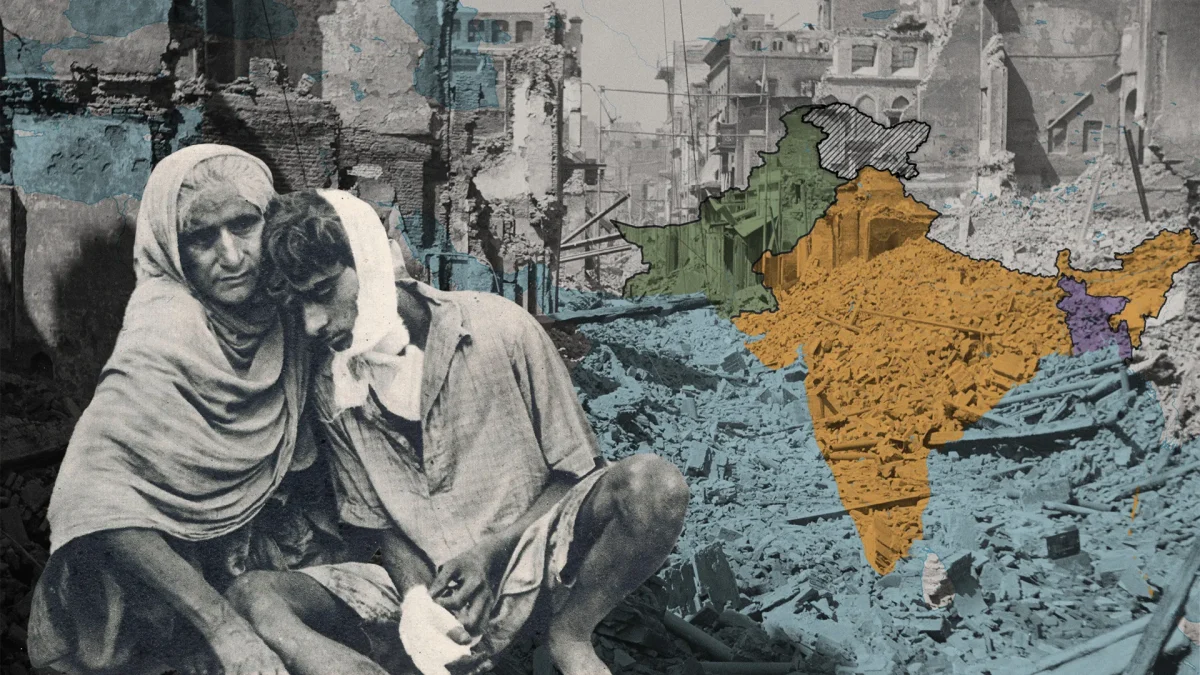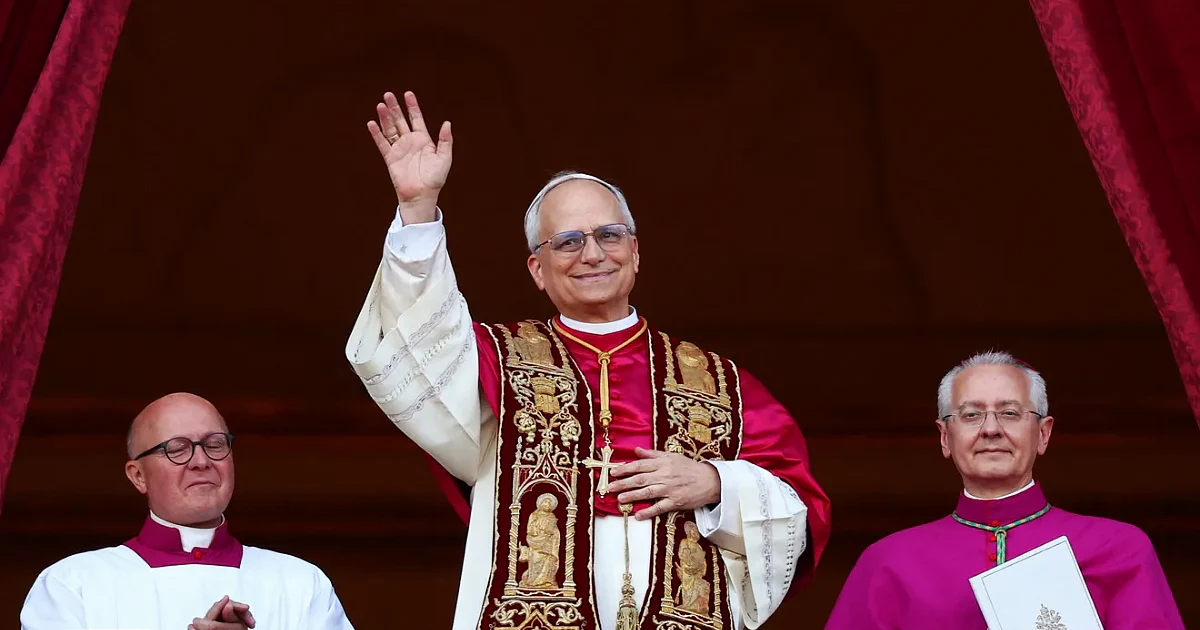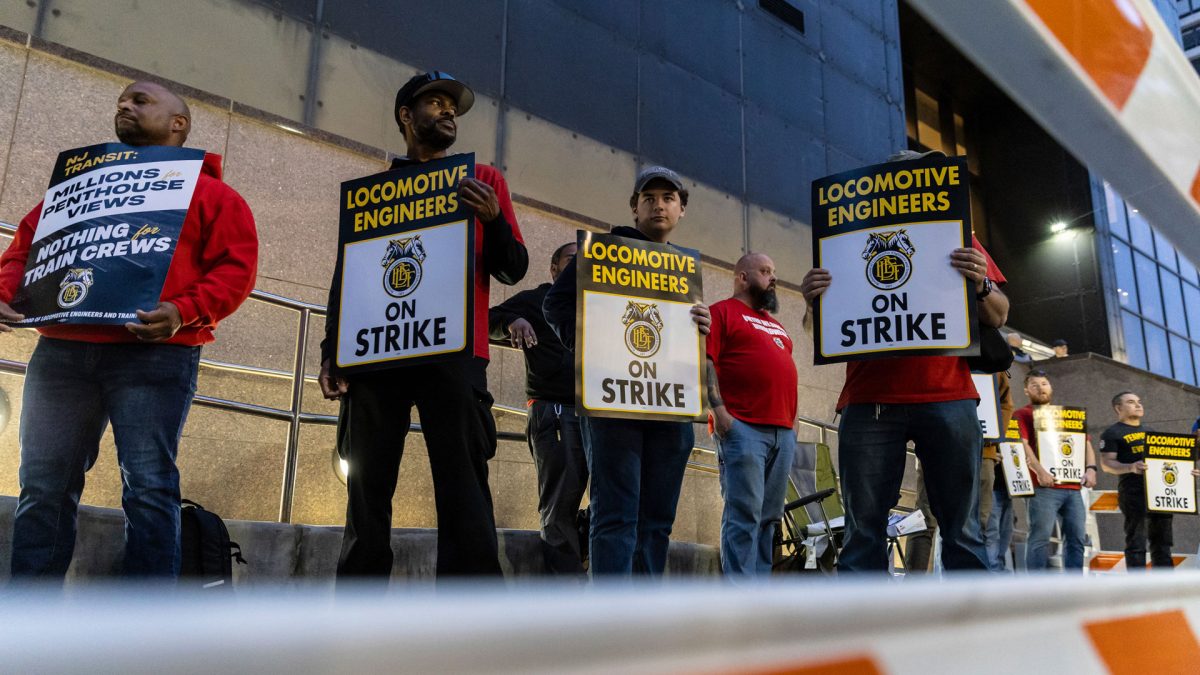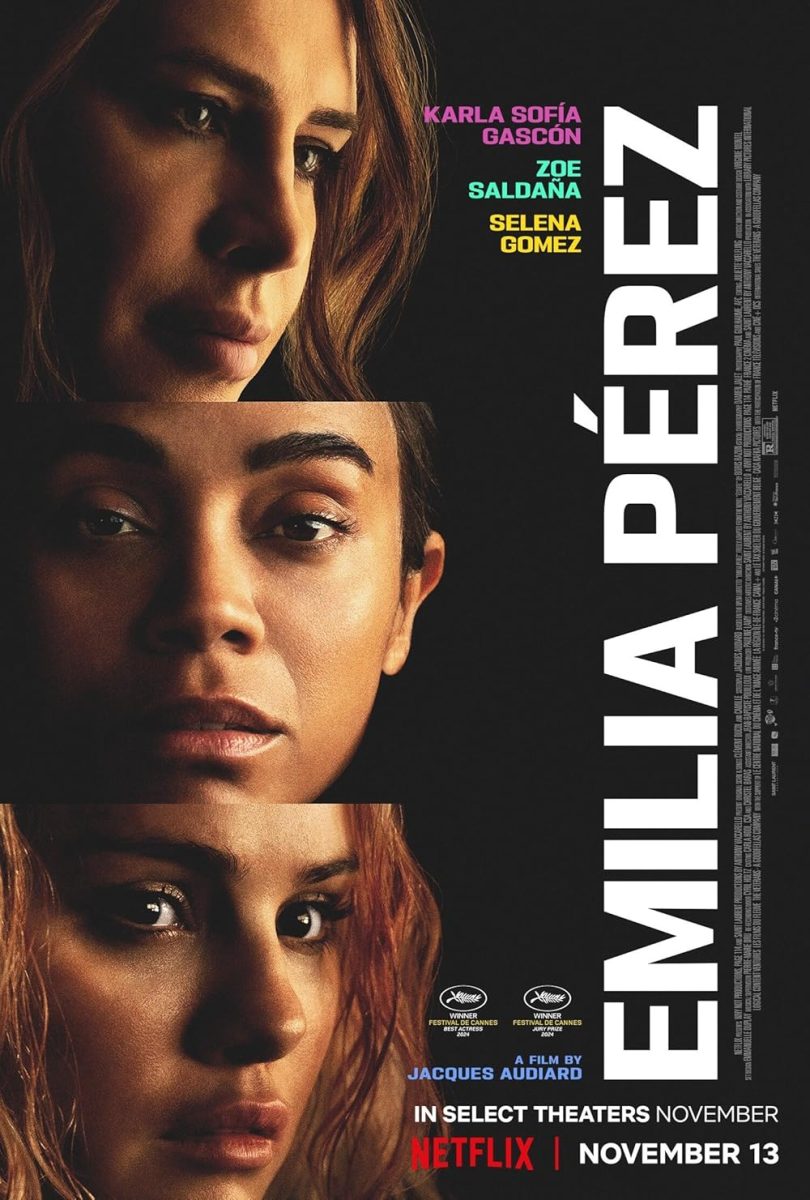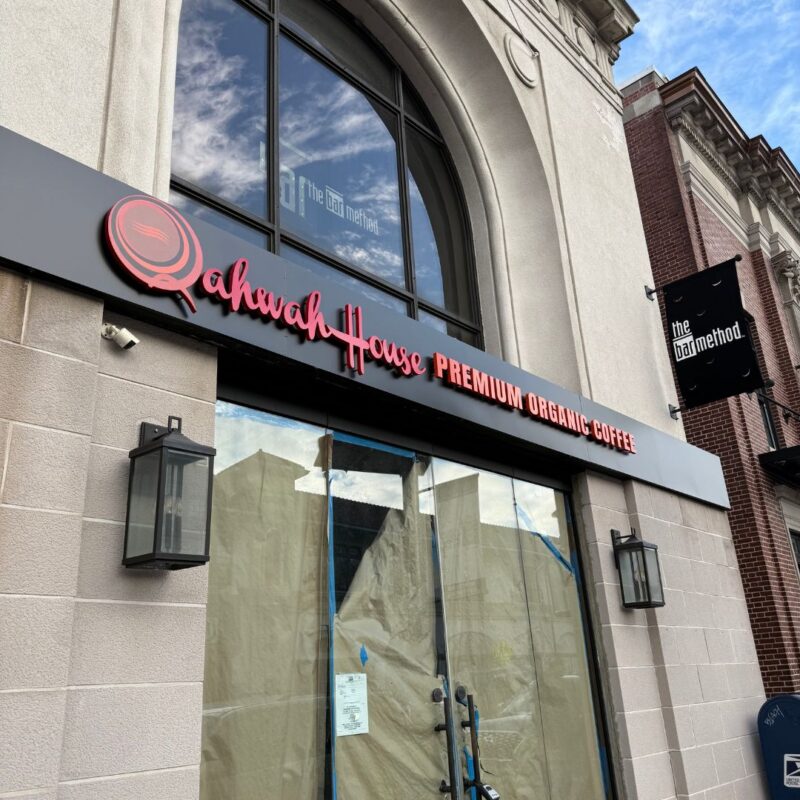The trials of Lyle and Erik Menendez, or the Menendez brothers as they are widely known, gripped the nation during the early 1990s. Convicted of murdering their parents, Jose and Kitty Menendez, in their Beverly Hills mansion in 1989, the brothers and the case caught widespread media attention when the trial was broadcast around the world. What really grabbed people’s attention was that the trial wasn’t a question of whether or not they killed their parents—it was a question of why they did it.
The boys, along with their respective defense attorneys, argued they killed their parents in self-defense after a lifetime of physical, mental, and most importantly, sexual abuse at the hands of their father. The prosecution, however, maintained that the brothers committed the murders in hopes of inheriting their parents’ multi-million dollar estate.
Whether or not one believes in one perspective over another, it’s clear this case is incredibly complicated. Thirty years ago the jury was unable to reach a unanimous verdict, a hung jury, and there was a mistrial, resulting in the need for an entirely new trial six months later where they were finally convicted. That being said, when I saw that a TV show had been made about this case, I was immediately skeptical of how all aspects of their story would be presented in just nine episodes.
To my disappointment, I don’t think this show did the case justice.
When Ryan Murphy, the creator and director of the show, had the opportunity to focus on the brothers’ trauma and the stigma surrounding abuse in the ‘80s and ‘90s, he chose to make far too much of the show about the brother’s greed and entitlement. Sure, the brothers spent a questionable amount of money after their parents’ deaths and behaved in ways that didn’t display grief, but it felt as though for much of the show, Murphy implied the brothers’ true motive was money. In a show that feels like it was intended to support the Menendez brothers’ perspective, I was surprised how much of it leaned into the prosecution’s narrative.
Even more troubling was the portrayal of Lyle and Erik’s relationship. In several uncomfortable scenes, including one where they appear to be showering together, Murphy seems to hint at an incestuous relationship between the brothers. There is no evidence of this, and while I searched for a reason as to why Murphy would have wanted to include this in the show, the only thing that comes to mind is sensationalism. The mere implication of a relationship of this sort (which is just… icky) has no effect on the development of the story, their case, or their innocence—it solely serves to bring in attention and viewership, which is exactly what it has done.
The series quickly shot to the top of Netflix’s charts, drawing widespread criticism yet continuing to gain viewers. Forbes reports that the series “drew more than 50% more viewers in its second week amid criticism,” a rare phenomenon that suggests media controversy only fueled its popularity.
Part of me is bothered by how successful the show has become in the wake of Murphy’s questionable creative liberties, especially because it means more money in the pockets of the creators and other executives. How is it that Murphy can take the Menendez brother’s traumatic life story, dramatize it, and profit off it without them even having a voice in production? Unfortunately, this happens often in this genre (Murphy has done something similar once before, with his previous show about Jeffrey Dahmer). I’ll save the argument of the morality of true crime for another day, but it just seems wrong for Murphy to depict Lyle and Erik so mistakenly, especially while they are still incarcerated and have no say in how they are portrayed.
The other part of me is grateful the show came out, because Murphy may be right about one thing: that the show is “the best thing to happen to the Menendez brothers in 30 years.” As media outlets swirl around the facts of the case and reexamine it in a new light, hope for developments in their case is stronger than ever. Though the brothers exhausted most options to appeal their sentences, they hoped the new evidence they gathered would help them earn a new trial or hearing. Thanks to the outpouring of new public interest in the case, the brothers have a better chance of getting out than they’ve had in a long time.
On Thursday, October 3rd, the Los Angeles district attorney, George Gascón, announced that his office has begun reviewing the case, citing a “moral and ethical obligation to review what is being presented to us.”
Maybe this was Murphy’s intention all along, or maybe it wasn’t, but either way, the show has had an unintended positive effect. Six months ago I would not have seen the release of the Menendez brothers as a real possibility, but today I’m filled with hope, and for that, I have this show to thank.




